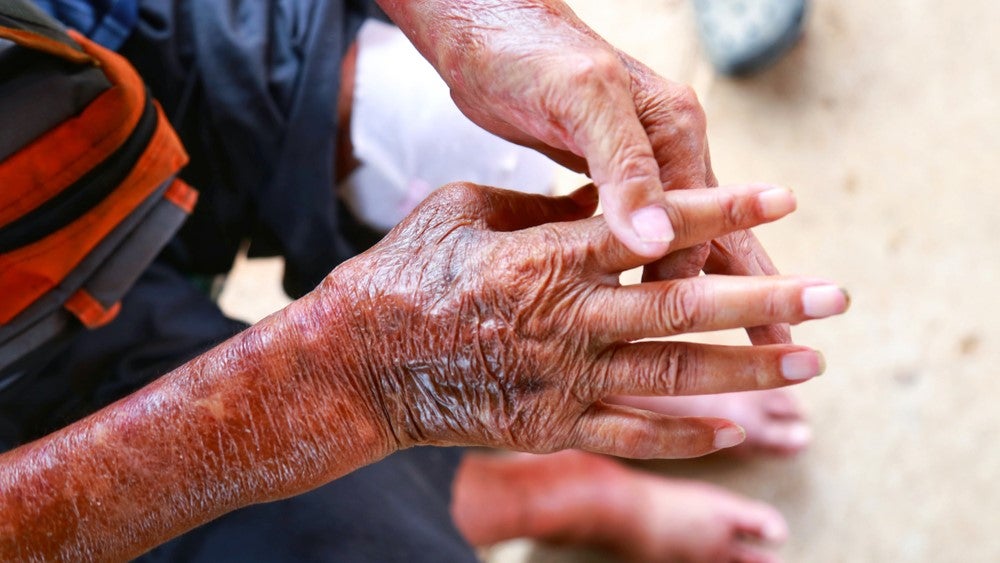
Australian biotech Certa Therapeutics aims to start a pivotal trial with FT011 in late 2024, following the positive Phase II trial data in scleroderma.
Certa plans to discuss the pivotal trial design and associated development plans with the US Food and Drug Administration (FDA) in early 2024. The company will also seek complementary scientific advice from the European Medicines Agency (EMA) in mid-2024.

Discover B2B Marketing That Performs
Combine business intelligence and editorial excellence to reach engaged professionals across 36 leading media platforms.
FT011 targets the G protein-coupled receptor (GPCR), which plays a part in the fibrosis signalling pathway. The drug was granted an orphan drug designation by the FDA in October.
Scleroderma, also known as systemic sclerosis, is an autoimmune disease, which is characterised by the fibrosis and inflammation of the skin and other organs. There is currently no cure for the disease, only symptomatic treatment.
The market for scleroderma is expected to be worth $2.05bn in 2030, as per GlobalData systemic sclerosis market analysis.
GlobalData is the parent company of Pharmaceutical Technology.

US Tariffs are shifting - will you react or anticipate?
Don’t let policy changes catch you off guard. Stay proactive with real-time data and expert analysis.
By GlobalDataPhase II data
The data from the Phase II trial was presented at the ACR Convergence 2023, the annual scientific meeting of the American College of Rheumatology in San Diego, California, from 10 to 15 November.
In the double-blind Phase II trial (NCT04647890), 30 adults with scleroderma were randomised into 200mg and 400mg doses of FT011, or placebo, in addition to the standard of care. The clinical improvement was measured using multiple efficacy measures including the American College of Rheumatology Combined Response Index in diffuse cutaneous Systemic Sclerosis (CRISS) score.
In the FT011 400mg arm, 60% of the patients demonstrated a clinically meaningful improvement over 12 weeks. In the FT011 200mg and placebo groups, 20% and 10% of the participants showed a clinically meaningful improvement over the same period, respectively.
There was a decrease in fibrosis signature score after 12 weeks upon transcriptomic analysis in patients in the FT011 400mg treatment arm. The drug was safely tolerated, and no serious adverse events were reported in the trial.
FT011 is also being investigated in the open-label extension trial over 24 months. The initial results showed that the drug was safe and well-tolerated over 19 months of treatment.




